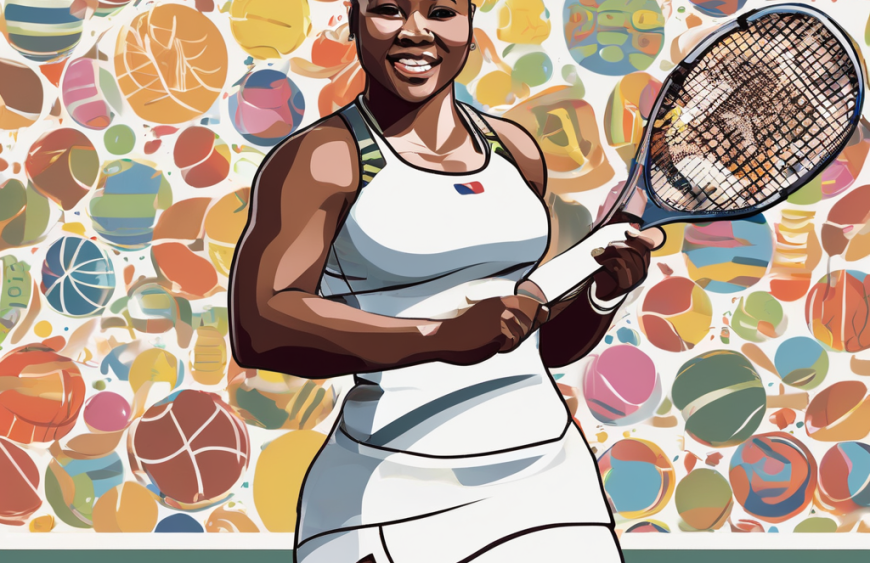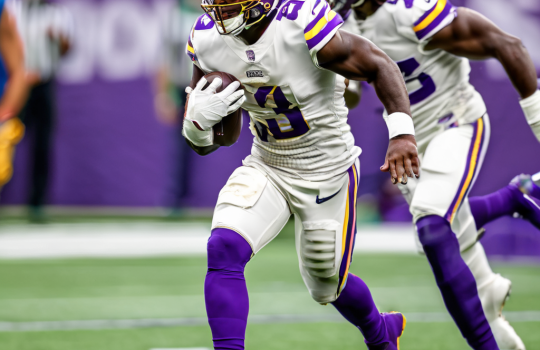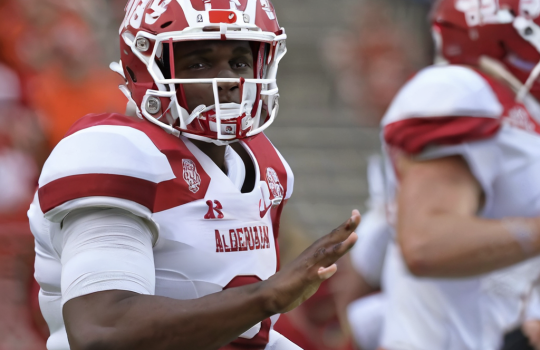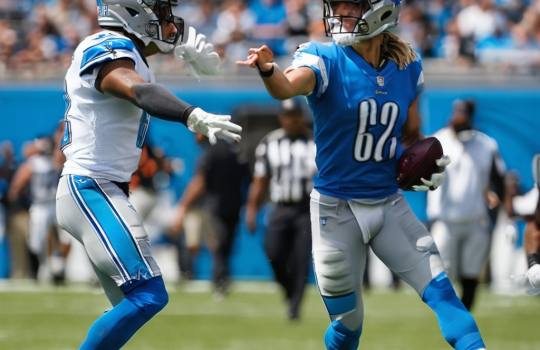Cultural Sensitivity in Sports: Why Athletes Need Media Training After Taylor Townsend’s Chinese Food Comments

Cultural Sensitivity in Sports: Why Athletes Need Media Training After Taylor Townsend’s Chinese Food Comments
The recent controversy surrounding American tennis star Taylor Townsend’s comments about Chinese food serves as a stark reminder of the importance of cultural sensitivity in professional sports. While Townsend has since apologized for her remarks, which many deemed culturally insensitive, the incident highlights a broader need for athletes to receive comprehensive media training that extends beyond on-court performance.
In today’s hyper-connected world, athletes are not just performers; they are public figures whose words and actions are instantly scrutinized and amplified across social media platforms. A seemingly innocuous comment can quickly spiral into a major public relations crisis, impacting not only the athlete’s reputation but also their sponsors, team, and even the sport itself. Townsend’s situation underscores the vulnerability of athletes to unintentional cultural missteps, especially when traveling and interacting with diverse communities.
Media training should equip athletes with the skills to navigate these complexities. It’s not simply about avoiding controversial topics; it’s about fostering genuine cultural awareness and understanding. Athletes need to learn how to articulate their thoughts in a way that is respectful, inclusive, and mindful of cultural nuances. This includes:
- Understanding Cultural Context: Learning about the history, traditions, and values of different cultures is crucial for avoiding stereotypes and making informed statements.
- Identifying Potential Pitfalls: Media training should help athletes identify language or behaviors that could be perceived as offensive or insensitive in various cultural contexts.
- Practicing Empathetic Communication: Developing the ability to see things from another person’s perspective and communicate with empathy is essential for building positive relationships with fans and communities around the world.
- Knowing When to Stay Silent: Sometimes, the best course of action is to refrain from commenting on topics outside of one’s area of expertise or where there is a risk of misinterpretation.
The incident with Taylor Townsend should serve as a wake-up call for sports organizations and athletes alike. Investing in robust media training programs that prioritize cultural sensitivity is not just a matter of public relations; it’s a responsibility to promote inclusivity, respect, and understanding within the global sports community. Ultimately, it contributes to a more positive and welcoming environment for athletes, fans, and cultures worldwide.
Beyond formal training, athletes should also proactively seek out opportunities to learn about different cultures. Engaging with local communities, attending cultural events, and reading about diverse perspectives can broaden their understanding and help them become more culturally aware individuals.
The goal is not to stifle athletes’ personalities but rather to empower them to express themselves responsibly and respectfully in a world that demands cultural intelligence.











